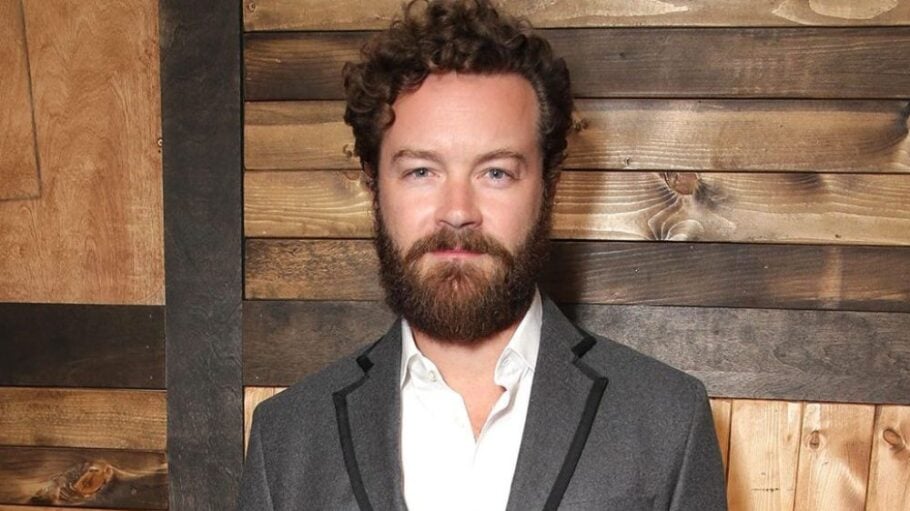Danny Masterson is blaming his trial attorney for putting on a poor defense as he seeks to overturn his rape conviction.
Masterson, the former star of “That ’70s Show,” is serving a 30-year sentence at the California Men’s Colony in San Luis Obispo after being convicted of two rape charges in 2023.
In a petition for habeas corpus filed on Monday, his appellate lawyers blamed his trial attorney, Philip Cohen, for failing to call any witnesses and for not pushing back on prosecutors’ claims about Scientology.
According to the filing, Masterson “implored (Cohen) to present at least a minimal modicum of defense evidence, but counsel refused.”
Masterson was convicted of raping two women at his Hollywood Hills home in 2003, while the jury deadlocked on a third rape charge. At an earlier trial in 2022, the jurors hung on all three counts but were leaning toward acquittal.
Scientology played a role in both trials, but was particularly prominent in the retrial. Prosecutors argued that the women were discouraged from reporting a high-profile member of the church. Two of them testified that they were threatened with excommunication if they went to the police.
At the retrial, prosecutors called Claire Headley, an ex-Scientologist who testified that the church requires special permission to go to the authorities.
Love Film & TV?
Get your daily dose of everything happening in music, film and TV in Australia and abroad.
According to the habeas petition, the church’s lawyers urged Cohen to call Hugh Whitt, a longtime Scientologist, to rebut that claim. Though Whitt was on the defense witness list, Cohen and his co-counsel elected not to call him.
Rather than mount a forceful defense of Masterson’s religion, Cohen’s strategy at both trials was to downplay it.
“Why have we heard so much about Scientology?” he asked in his closing argument. “Could it be there’s problems otherwise with the government’s case?”
The habeas petition argues that Cohen is generally averse to putting on an affirmative defense, instead relying on cross-examination of the government’s witnesses to establish reasonable doubt.
That strategy nearly worked at the first trial, as Masterson came within a few votes of acquittal. But at the retrial, the prosecution came armed with more favorable evidentiary rulings and put on a more aggressive case.
The petition argues that Cohen failed to change his strategy to account for that, and did not interview many defense witnesses who could have undermined the accusers’ credibility.
“In sum, the jury saw only the tip of the iceberg of available defense evidence in the form of the complaining witnesses’ inconsistent statements while the wealth of directly exculpatory evidence
went unused for no viable tactical reason,” the petition argues.
Masterson’s lawyers filed a separate appeal last December, in which they challenged many of the judge’s rulings. The habeas petition allows them to address evidence that was not introduced at trial.
“The jury heard only half the story – the prosecution’s side,” said Masterson’s appellate lawyer, Eric Multhaup, in a statement. “Danny deserves a new trial where the jury can hear his side as well.”
From Variety US































